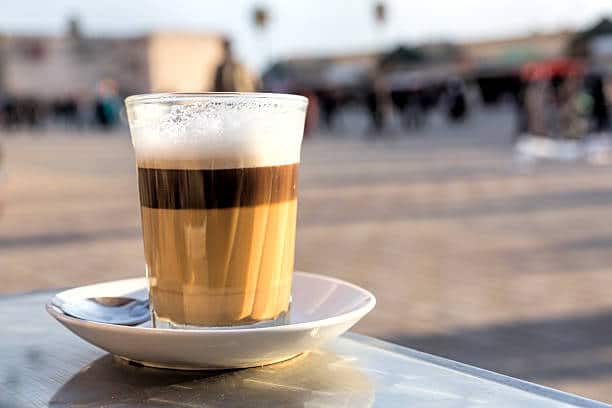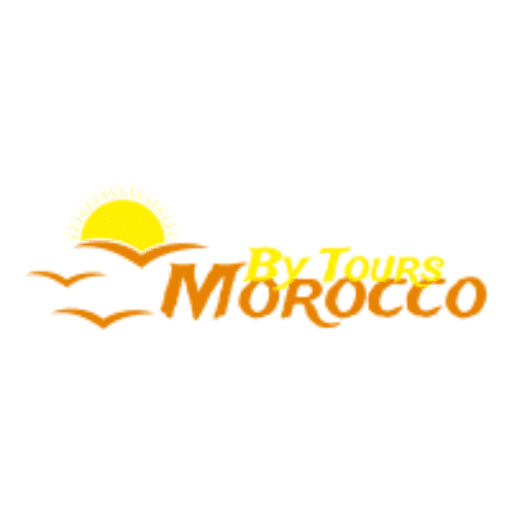
coffee in Morocco
Coffee Culture in Morocco
Introduction:
Morocco, with its history and assorted cultural tapestry, has woven a distinctive tale around the fragrant elixir of coffee. In the labyrinth of bustling medinas and tranquil oases and coffee, locally known as “qahwa,” transcends its role as a mere beverage and becomes an intrinsic part of social customs and daily life.
Historical Threads:
The journey of coffee in Morocco traces back centuries, intertwining with the country’s intricate history. Introduced by Arab traders, coffee swiftly found its place in Moroccan society, becoming a symbol of hospitality and congeniality. The aromatic brew, prepared in a distinctive pot called a “dallah,” became synonymous with shared moments and warm gatherings.
Traditional Brewing Artistry:
The art of brewing qahwa in Morocco is steeped in tradition. Coffee beans are meticulously ground, often mixed with spices such as cardamom, creating a blend that entices the senses. The dallah, with its curved spout and ornate design, takes center stage in this brewing ritual. The resulting elixir exudes a unique flavor profile, a testament to the meticulousness of Moroccan coffee craftsmanship.
Social Fabric and Coffee:
In the intricate weave of Moroccan social fabric, coffee holds a special place. It transcends its role as a stimulant, acting as a catalyst for social interactions. Moroccan households often greet guests with a cup of coffee, a gesture symbolizing hospitality and warmth.
The Dallah and its Significance:
The dallah, an iconic vessel used for brewing coffee, is not merely a utilitarian object; it embodies cultural significance. Crafted with intricate patterns, the dallah serves as a symbol of tradition and craftsmanship. Its curved spout allows for a controlled pour, ensuring the perfect serving of qahwa. but As it passes from hand to hand during social gatherings, the dallah becomes a conduit for shared moments and cultural exchange.
Spices and Aromatics:
Moroccan coffee is not a monotonous affair; it is a symphony of flavors and aromas. The addition of spices, most notably cardamom, imparts a distinct character to the brew. The marriage of coffee and spices in Morocco is a sensory experience, with each sip revealing layers of complexity and depth. This infusion of aromatics elevates qahwa beyond a simple beverage, turning it into a sensory journey.
Social Rituals:
The act of enjoying coffee in Morocco is not confined to the act of drinking alone; it is a social ritual both traditional and modern, and serves as the hub for socialization for Locals to gather to converse, share stories, and engage in discussions over cups of coffee. however In this communal space, friendships are forged, and the rich tapestry of Moroccan society is woven.
Modern Influences:
In urban areas, modern coffee culture is on the rise. Specialty coffee shops, inspired by global trends, offer a diverse range of brews, attracting a new generation of coffee enthusiasts. This juxtaposition of tradition and modernity reflects Morocco’s dynamic relationship with its coffee heritage.
Urban Coffee Landscapes:
In bustling cities like Marrakech and Casablanca, the urban coffee landscape is evolving. Stylish cafes, adorned with contemporary aesthetics, serve as havens for those seeking a respite from the chaotic rhythm of city life. Baristas skillfully craft cappuccinos and lattes, showcasing a fusion of international coffee trends with local nuances.
Qahwa and Culinary Pairings:
Beyond its role as a standalone beverage, qahwa in Morocco often finds its way into culinary pairings. From sweet pastries like “kaab el ghazal” (gazelle horns) to savory dishes like “tangia,” coffee adds a unique flavor dimension to Moroccan cuisine. The versatility of qahwa as a culinary ingredient underscores its cultural significance in Moroccan gastronomy.
Conclusion:
In the heart of Morocco, where the Atlas Mountains meet the Sahara Desert, the story of coffee unfolds like a carpet and patterns of tradition, social rituals, and fusion medinas to the modern, qahwa serves as a cultural thread and weaves together the diverse elements of Moroccan life. As the dollah continues to pour its elixir, Morocco’s coffee culture stands as a testament to the dance between heritage and innovation.
